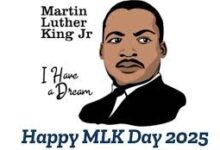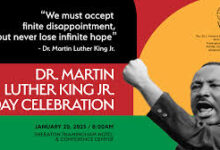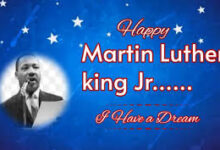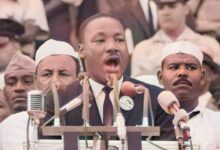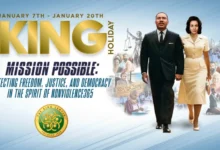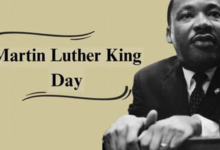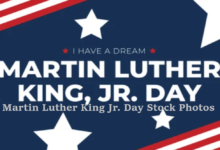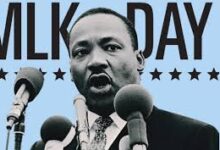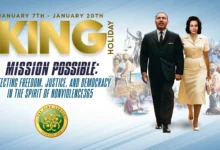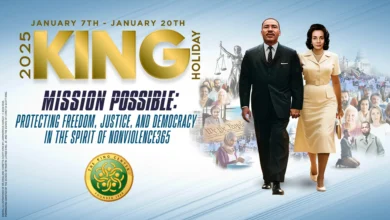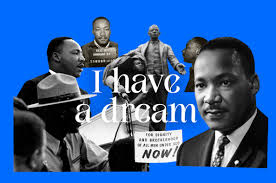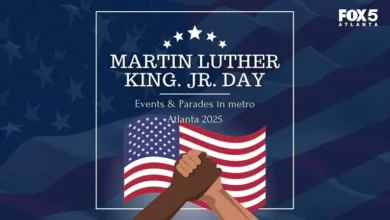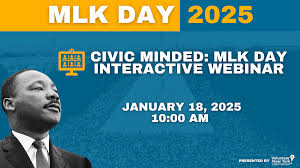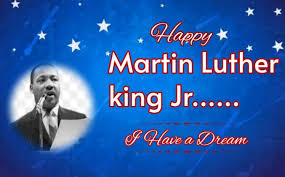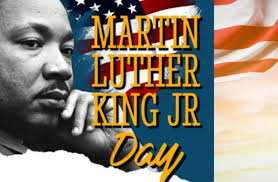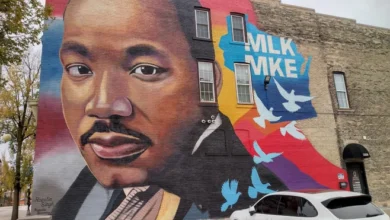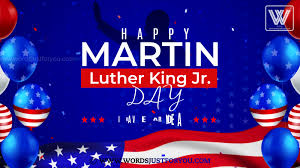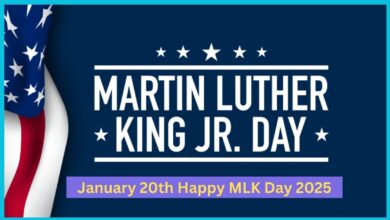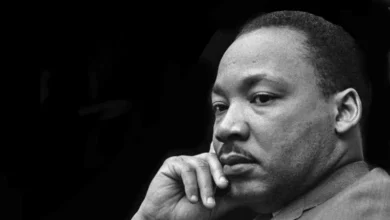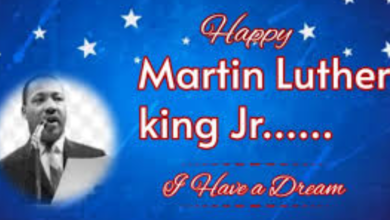history of martin luther king jr day
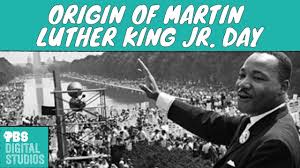
Martin Luther King Jr. Day is more than just a day off work; it’s a time to reflect on and honor the life and legacy of one of the most influential civil rights leaders in American history. Observed on the third Monday of January each year, this federal holiday celebrates Dr. King’s tireless efforts to promote racial equality, justice, and peace through nonviolent activism. But how did this national day of remembrance come to be, and why is it so significant? Let’s explore the history of Martin Luther King Jr. Day and the profound legacy it represents.
Who Was Dr. Martin Luther King Jr.?
Before understanding the origins of the holiday, it’s essential to recognize who Dr. Martin Luther King Jr. was and the indelible mark he left on history. Born on January 15, 1929, in Atlanta, Georgia, Dr. King dedicated his life to combating racial discrimination and social injustice.
He rose to prominence during the Montgomery Bus Boycott of 1955, sparked by Rosa Parks’ arrest for refusing to give up her seat to a white passenger. Dr. King’s leadership in this pivotal moment showcased his commitment to achieving equality through peaceful means. Over the years, he became the face of the Civil Rights Movement, championing causes such as voting rights, desegregation, and economic justice.
Some of his most notable achievements include delivering the iconic “I Have a Dream” speech during the 1963 March on Washington and being instrumental in the passage of the Civil Rights Act of 1964 and the Voting Rights Act of 1965. Tragically, Dr. King’s life was cut short when he was assassinated on April 4, 1968, but his influence continues to resonate globally.
The Push to Establish Martin Luther King Jr. Day
The road to establishing a national holiday in Dr. King’s honor was neither straightforward nor swift. Upon his assassination, calls to commemorate Dr. King began almost immediately. Coretta Scott King, his widow, became a driving force behind the campaign to establish the holiday, working tirelessly to preserve her husband’s legacy.
1968 – The First Proposal
Just days after Dr. King’s assassination, Representative John Conyers from Michigan introduced the first bill to create a federal holiday commemorating the civil rights leader. The proposal faced significant resistance in Congress, with opponents citing various reasons, including the cost of another federal holiday and a reluctance to publicly acknowledge Dr. King’s work and its impact on civil rights.
1983 – A Turning Point
The campaign gained momentum thanks to widespread support from the public, labor unions, and influential leaders. A key moment in the fight came when musician Stevie Wonder released his hit single, “Happy Birthday,” in 1980—a song explicitly supporting the holiday. The song galvanized public enthusiasm, and more than six million people signed a petition urging Congress to pass the proposal.
Finally, in 1983, nearly 15 years after the initial proposal, President Ronald Reagan signed the bill into law, officially designating the third Monday in January as Martin Luther King Jr. Day. The holiday was first celebrated on January 20, 1986.
From Controversy to Nationwide Observance
Even after the bill was signed into law, the road to nationwide observance was rocky. Several states initially resisted observing Martin Luther King Jr. Day, with some states choosing to rename or combine it with existing holidays. Resistance was rooted in political and social opposition, particularly in states with histories tied to segregation.
For instance, Arizona drew national attention in the late 1980s when it became one of the last states to recognize the holiday. The controversy peaked in 1990, when the National Football League (NFL) pulled the Super Bowl XXVII from Arizona due to its refusal to honor the day. It wasn’t until 1992 that Arizona voters finally approved the observance of Martin Luther King Jr. Day.
By the year 2000, all 50 states formally recognized the holiday, ending decades of debate and division.
Why Martin Luther King Jr. Day Matters
Martin Luther King Jr. Day is more than a historical milestone—it’s a call to action. The holiday serves as a reminder of the struggles millions faced and continue to face in the fight for civil rights and justice. It’s also an opportunity to reflect on how far society has come and the work that still needs to be done.
Reflecting on Civil Rights
Dr. King’s vision of racial equality centered on the idea that all individuals “will not be judged by the color of their skin but by the content of their character.” This vision continues to resonate, particularly as modern-day movements build on his foundation to address systemic racism, inequality, and prejudice.
A Day of Service
Martin Luther King Jr. Day is also recognized as a Day of Service. Following Dr. King’s example of community leadership, individuals and organizations across the country use the holiday to engage in acts of service. Whether it’s volunteering at a local food bank, participating in neighborhood cleanups, or organizing charity drives, the day encourages everyone to contribute to the betterment of their communities.

